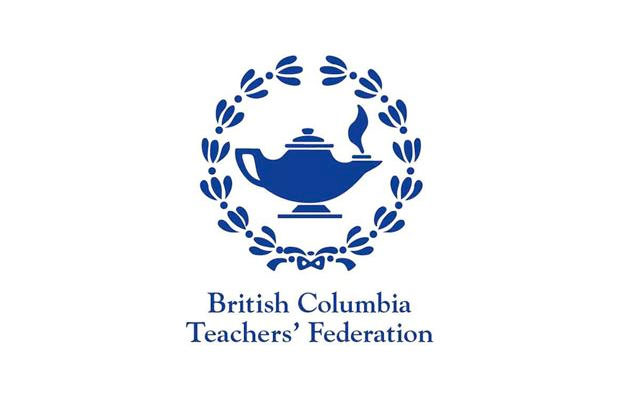Teachers removed from school supervision during phase one job action
BC teachers have started phase one of their job action in response to failed negotiations with the provincial government.
On Wednesday, School District 51 (SD51) superintendent Kevin Argue sent home a letter with students that notified them that teachers were removing themselves from supervision during lunch breaks, recesses and afterschool care as the children wait for buses. Their work will continue in classrooms.
According to Norm Sabourin, the president of the Boundary District Teachers’ Association (BDTA), administration staff members will replace the teachers when students need supervision outside of the classroom.
Sabourin also said that this job action is not taken lightly and that the teachers are not happy.
“I can confidently say that the teachers want a negotiation deal. Nobody is happy,” he said. “This is a last resort.”
BC teachers have been in negotiations for over a year. One of the things they are fighting for is a cost of living increase in their salary. But another main concern is class sizes and composition. BC previously had legislation that limited class room sizes and the makeup of the class room. In 2002, this was removed and teachers have been fighting to get it back.
What this means for parents and students, is that classroom sizes have been getting larger but there will also be more demanding students in each class. For example, there used to be limits that would allow up to two or three students with learning problems or behaviour issues in each class. Now there could by five,six or seven, said Sabourin.
He acknowledged that students in the Boundary have been lucky because class sizes aren’t outrageous due to local demographics, but there are circumstances where smaller class sizes are necessary – like in labs or shop classes.
We used to have a formula, for non-enrolling teachers like librarians and learning assistants, he said. That was all wiped out in 2002. About 3,500 teaching jobs were lost across the province.
There are many small issues on the table, but Sabourin says those are the two key ones – a salary increase plus class size and composition. The teachers have not had a salary increase for the last three years, which according to Sabourin, causes teachers to lose money each year.
He stresses that if the BC Teachers’ Federation (BCTF) is successful, it will be a win-win for everyone.
“The majority of gains we receive will help every single kid in class,” he said. “If we don’t stand up for students, we feel nobody else will.”
He went on to say that anytime a union wins in British Columbia, everyone wins. It sets a standard for other unions and trickles down to “raise the bar for all workers.” This, Sabourin believes, is something that scares the provincial government and he says the BCTF feels targeted because BC teachers are among the lowest paid in the country and they don’t get half of what other public sector unions are offered.
“Other public sector unions are offered two per cent every year. They are offering us five per cent over six years,” he said. “They are asking us to give up hard earned rights.”
If the government and BCTF are unable to make a deal, the next step will be to go into rotating strikes. This means certain school districts will strike one day a week, and then other school districts will strike the next day and so on. Another province-wide vote will be necessary before teachers can go on a full-blown walkout. There is no deadline on when the next phases can be implemented.
Sabourin says he is happy to take calls from the public if they have any concerns or questions about the negotiations or what is happening locally.
“If people have questions, I will answer straight up. I will tell them where we are at and how we got here,” he said, adding some questions – like if and when they will strike – can’t be answered at this time.
Sabourin can be reached at 250-442-3330.






















